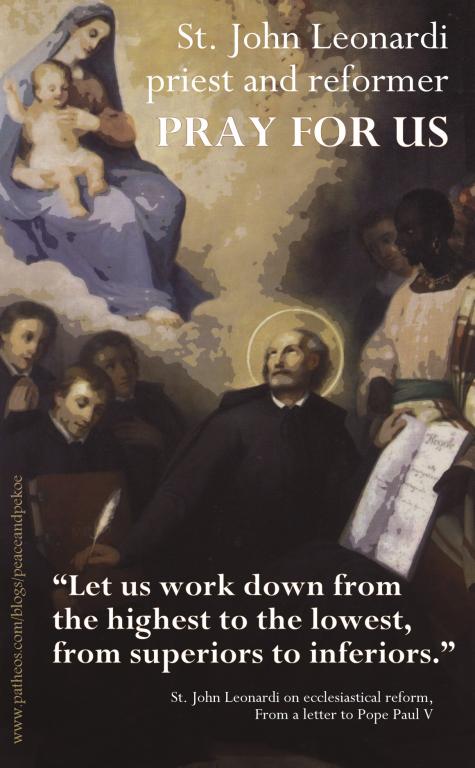
It says something interesting about Catholic culture that Pancake Tuesday and Shrove Tuesday sit comfortably alongside each other as alternate names for the same day. Indulgence and confession, enjoyment and penitence, on a single day of the calendar.
“Shrove” and “Shrivetide” refer to the practice of using the time immediately before Lent to examine one’s conscience and attend confession. In Catholic England (carrying over into Anglican England), the Shrive bells would chime in the village church to both call penitents to confession–and remind housewives and cooks to begin making pancakes to use up rich pantry staples before the fast of Ash Wednesday.
Moderns are perhaps not so keen on making it to confession these days in particular, though my own parish held a penitential service the Sunday evening before the beginning of Lent. Observant modern Catholics often use the solemn atmosphere of the forty days of Lent to search their souls and find time to make it to confession. (Though this may be in part because scheduling confession is a challenge in most modern parishes, but that’s a rant for another time. Seriously, can we have more than one time slot a week?)
That said, my Facebook feed has been filled with two kinds of posts that give evidence that the dual nature of the days before Lent remains. Alongside discussions of recipes for King Cake, pazckis, and plans for indulgent Fat Tuesday dinners and desserts I find thoughtful reflection about Lenten observances, the pros and cons of different kinds of sacrifices, intentions of adding devotional acts or sacrificing daily pleasures, large or small.
To the non-Catholic, it must look vaguely schizophrenic. If we think worldly things are so dangerous or sinful that we need to give them up for forty days to prepare for Easter, why not give them up year-long? Or if rich foods bring us so much joy and gratitude for God’s gifts, then why give them up at all? How does that bring us closer to God?
But Catholics, as Mark Shea is fond of observing, are a both/and people.
I saw someone explain yesterday that we are supposed to give up something we love for Lent, to show God that we love him more. This is well and good, but there’s more at play than that, I think, and the nature of our Lenten observances can change a lot from year to year. But the writer was right that there is something especially meaningful about freely giving up something that is objectively good. Lent is a good time to work on our vices and make a special effort to break bad habits, but there’s something more at work when we freely embrace a good, non-sinful enjoyment on Fat Tuesday, then freely step away from it on Ash Wednesday.
I believe God wants us to rejoice in the good things He has given us here on Earth. But I also believe He wants to give us even greater goods than these earthly ones. Fat Tuesday gives God the glory for all He has created. Ash Wednesday gives Him glory for all He still wants to pour into us. We set aside good things so that we can have our emptiness filled with the Maker of Good Things.
So eat up, everybody! Celebrate! Tomorrow, we fast.
Image credit Dana Moos via Flickr, https://www.flickr.com/photos/dana_moos/5229952935
















